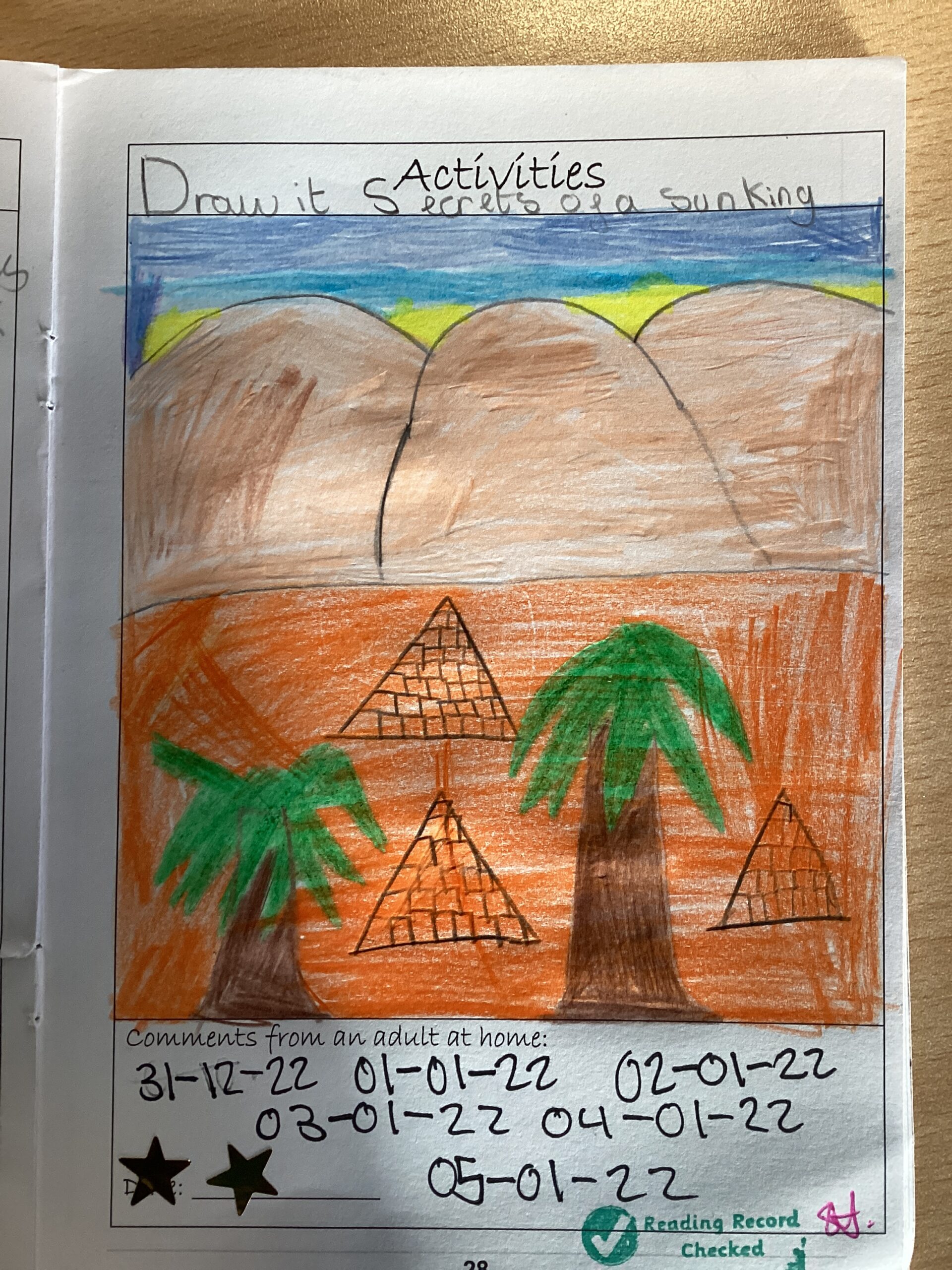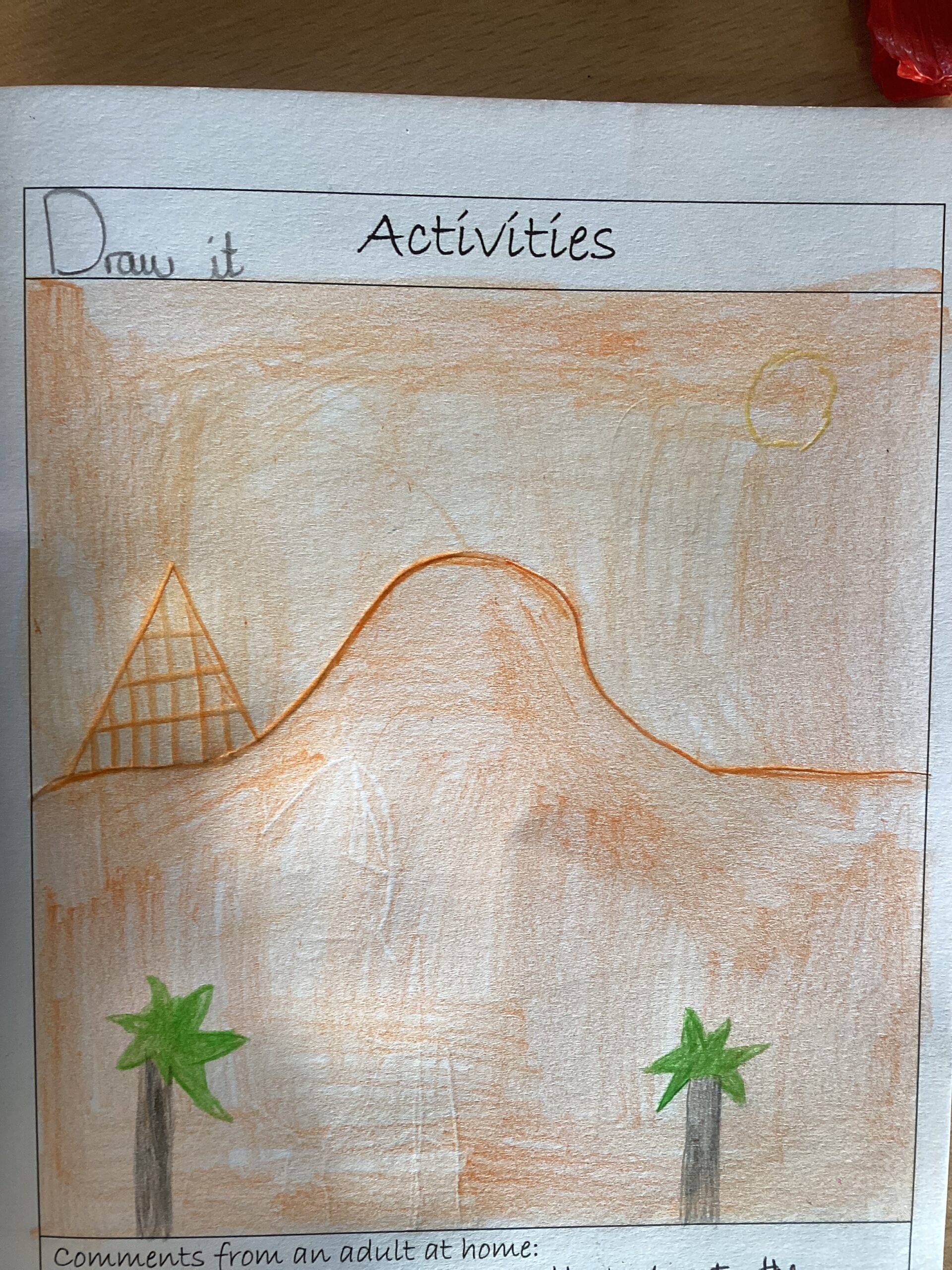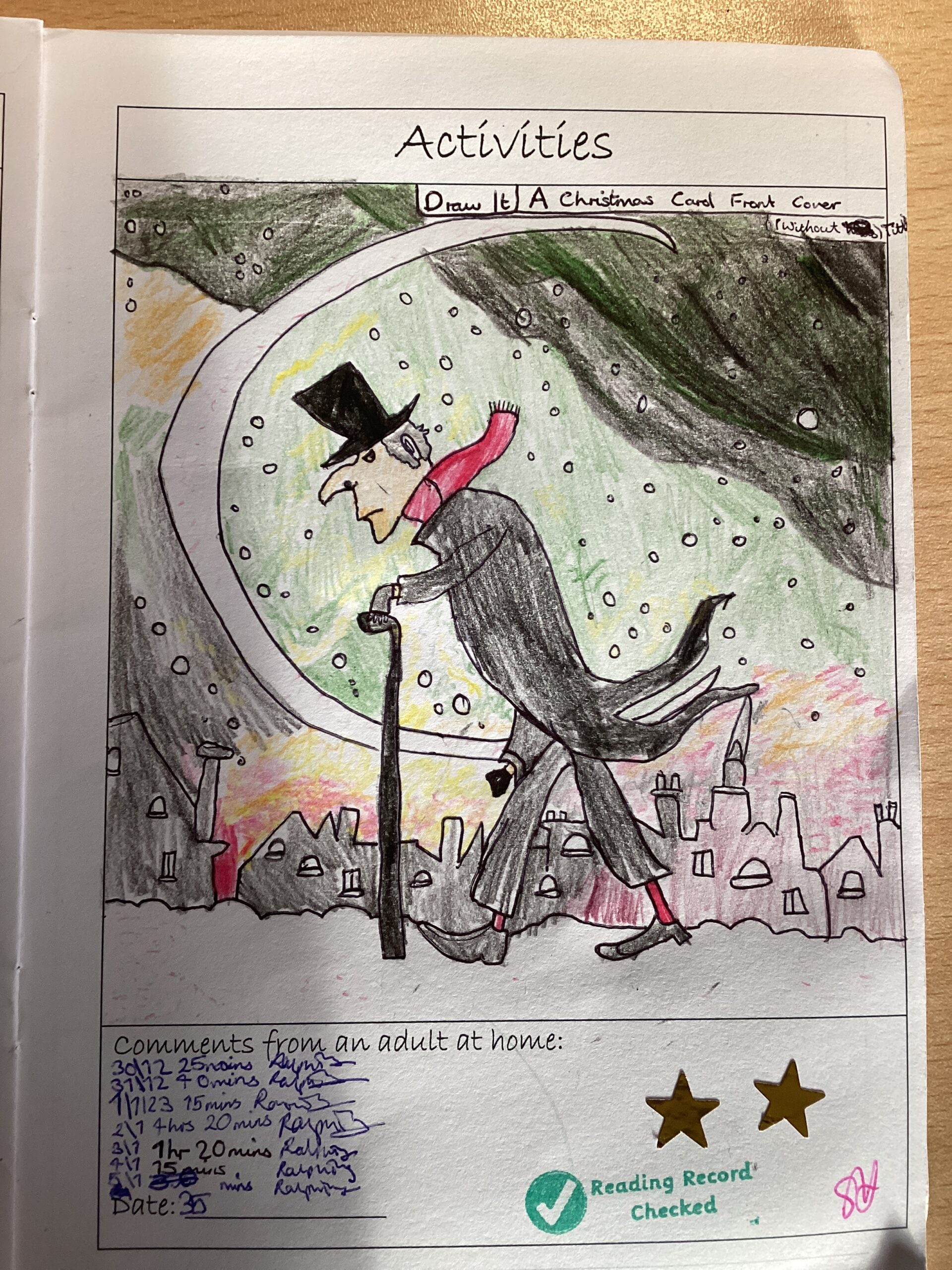This week, we’ve been learning about using apostrophes. An apostrophe can be used to show that one thing belongs to or is connected to something. This is called a possessive apostrophe.
The cat’s fluffy tail.
An apostrophe because of omission is where an apostrophe is used to indicate the missing letters in a contraction (the shortened form of a word or group of words). For example, should’ve, could’ve.
Create your own sentences using both forms of apostrophes.
The test will take place on Friday 10th February.
Author: Mrs Hogarth
Topic: we’re geographers
The children have continued to think like geographers and have been looking at the Holderness coastline this week. They had the opportunity to use Digi-maps to compare the rate of erosion over time caused by the sea. We looked at two locations, Skipsea and Hornsea. They were able to use tools within the map to plot out the changing cliff lines and measure the amount of erosion. Hornsea had coastal defences installed in the early 1900s. Can your child name a type of coastal defence? This has limited the amount of erosion over time. The children could clearly see the differences between the locations.


Help at home by continuing to help your child learn our geography vocabulary. Play Pictionary or read some definitions and your child has to identify the word.

Living and learning: I know how to seek help.

Our living and learning lessons this week have been about being safe – this follows on well from our previous learning about assessing risks. The NSPCC promote the idea of ‘Speak out Stay safe’ which is a programme that promotes safeguarding. The children have understood the forms of abuse that can take place, how abuse is never a child’s fault and where to get help if needed. It also talked about big and small worries and how these can build up and cause a child to feel worried, upset or anxious. The children were confident at identifying who their own trusted adults are and felt comfortable that they could ask for help. We also talked about how to start a conversation with a trusted adult, as this can sometimes be the hardest part.
Below is the link to the NSPCC website if you would like any further information.
Help at home: talk to your child and find out who their trusted adults are. Do they know who to go to if they need help or support? Ask them about the video. Can they remember who the NSPCC mascot is? What were the main points?
27 January 2023
This week, we’ve been learning about adding prefixes. Please learn the following words for a test on Friday 3rd February.
unavailable
unattached
impossible
impractical
illegal
illegible
irregular
disapprove
20 January 2023
This week, we’ve been learning about the prefix co- and re-. Learn the following words for a test on Friday 27th January.
co-operate
co-own
re-enter
re-emerge
co-ordinate
co-exist
re-invent
re-tell
PE: moving
We were very excited this week to get the apparatus out for PE. The children set up stations in which they would have to use different moving skills. They were using balance and coordination to move safely across the apparatus and even thought of creative ways to move across the equipment. The most popular activities were the rope ladders and ropes. These both require a lot of upper body strength to get to the top. The 8 Rs for learning were definitely applied in this lesson! Some children faced their fears too – overcoming their fear of heights to tackle the activities. An important part of the lesson was also talking about how to be safe on the equipment so no-one got injured – the children knew how to safely move the equipment.


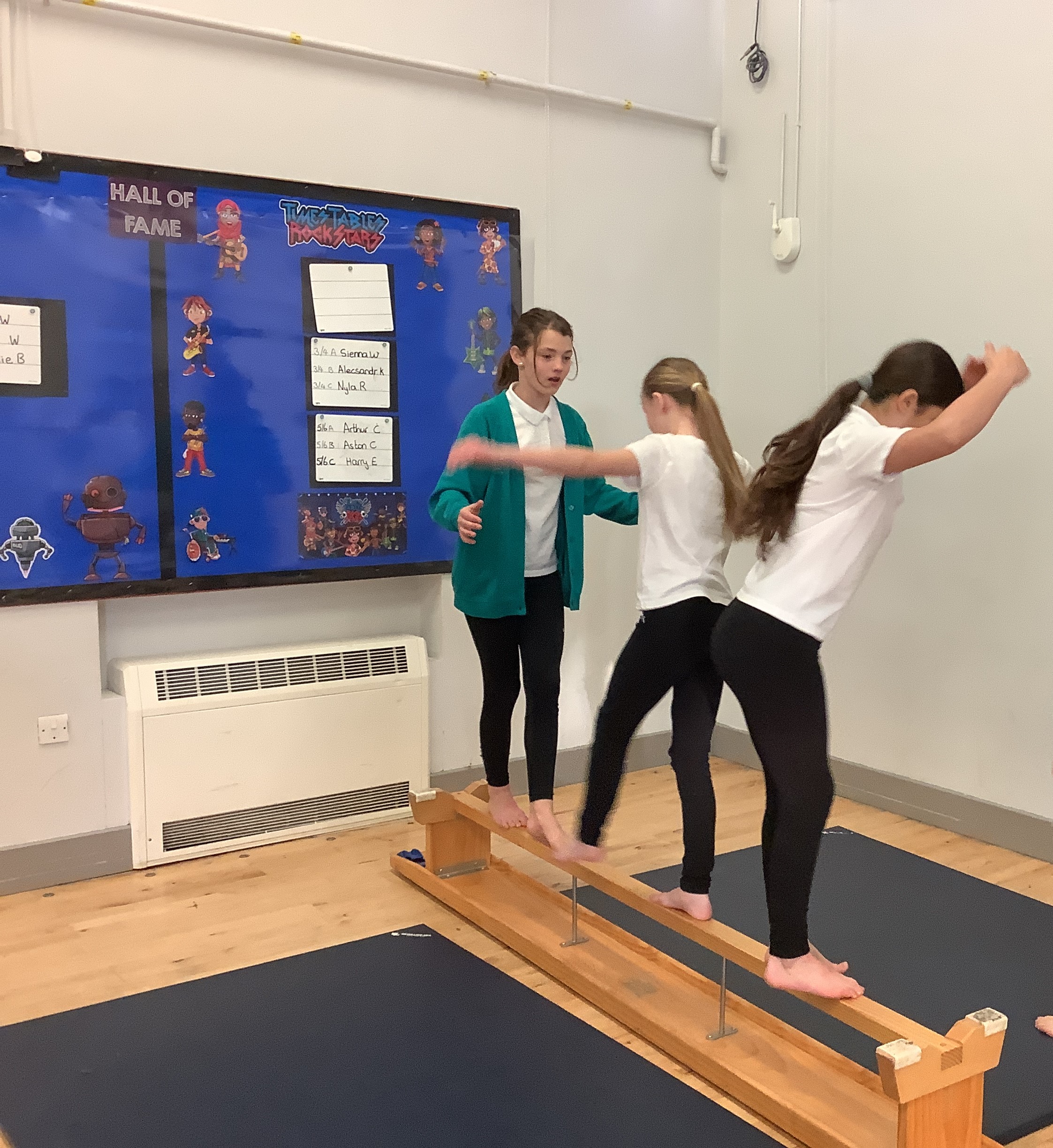

13 January 2023
This week, we’ve been adding suffixes to root words. These have included –ent, -ence, -ant and –ance. Please learn the following words for a test on Friday 20th January.
assistance
tolerant
hesitant
attendance
abundant
violence
dependent
Innocence
confidence
Topic: What are the causes of climate change?
The children are busily enjoying the geography topic and have this week been learning about the causes of climate change.
The children read articles and watched a video about how increased food waste, deforestation and the burning of fossil fuels are contributing to the increasing temperature of the Earth. Methane and carbon dioxide are the main contributing gases that are destroying the ozone layer. The year 6’s were given the opportunity to show off their creative sides and create a booklet that shows their knowledge of this topic.
Here are some lovely examples of what they produced.
Help at home: Ask your child about the causes if climate change. Do they know the vocabulary for this term? Can they give you any definitions?
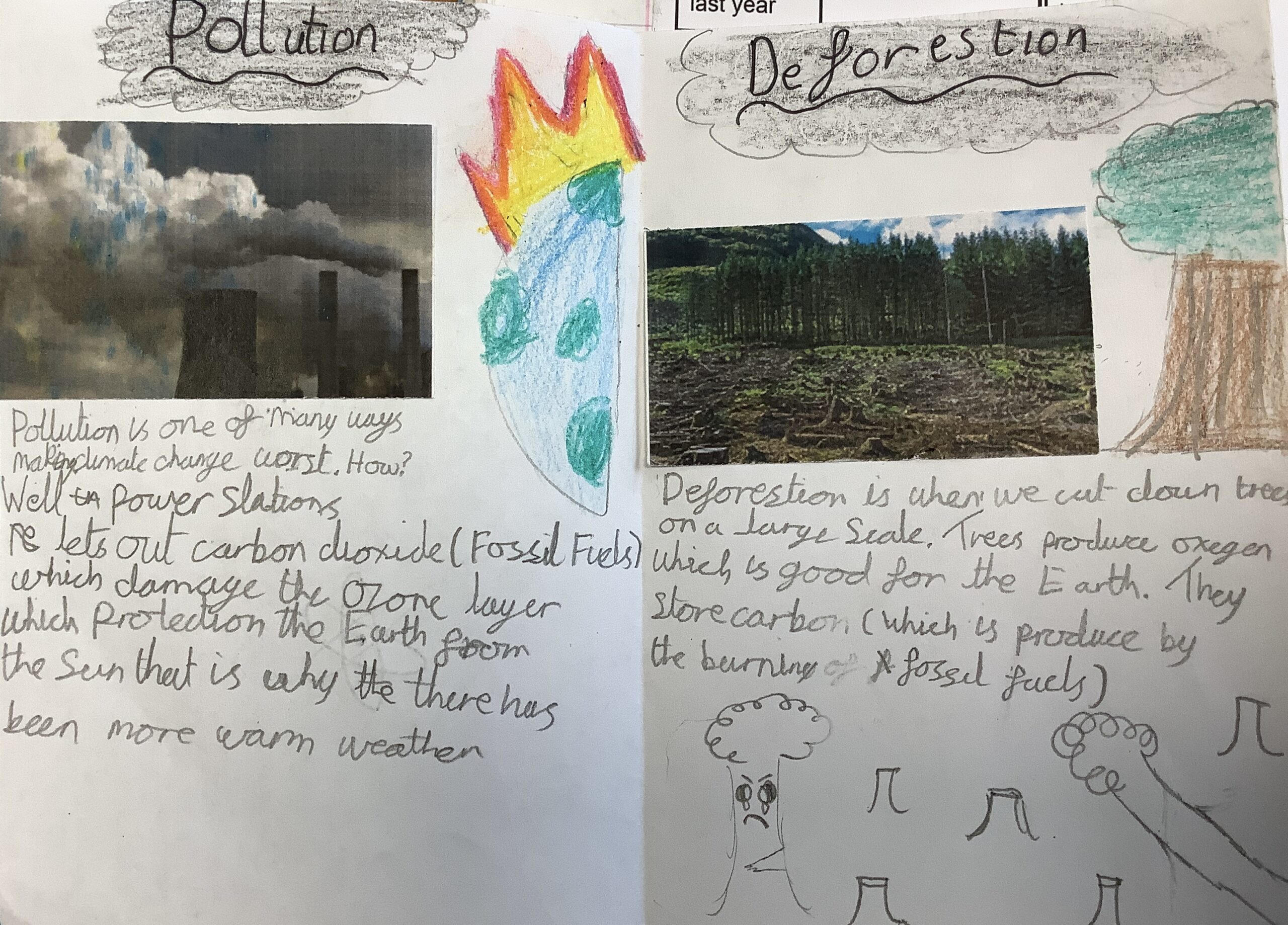

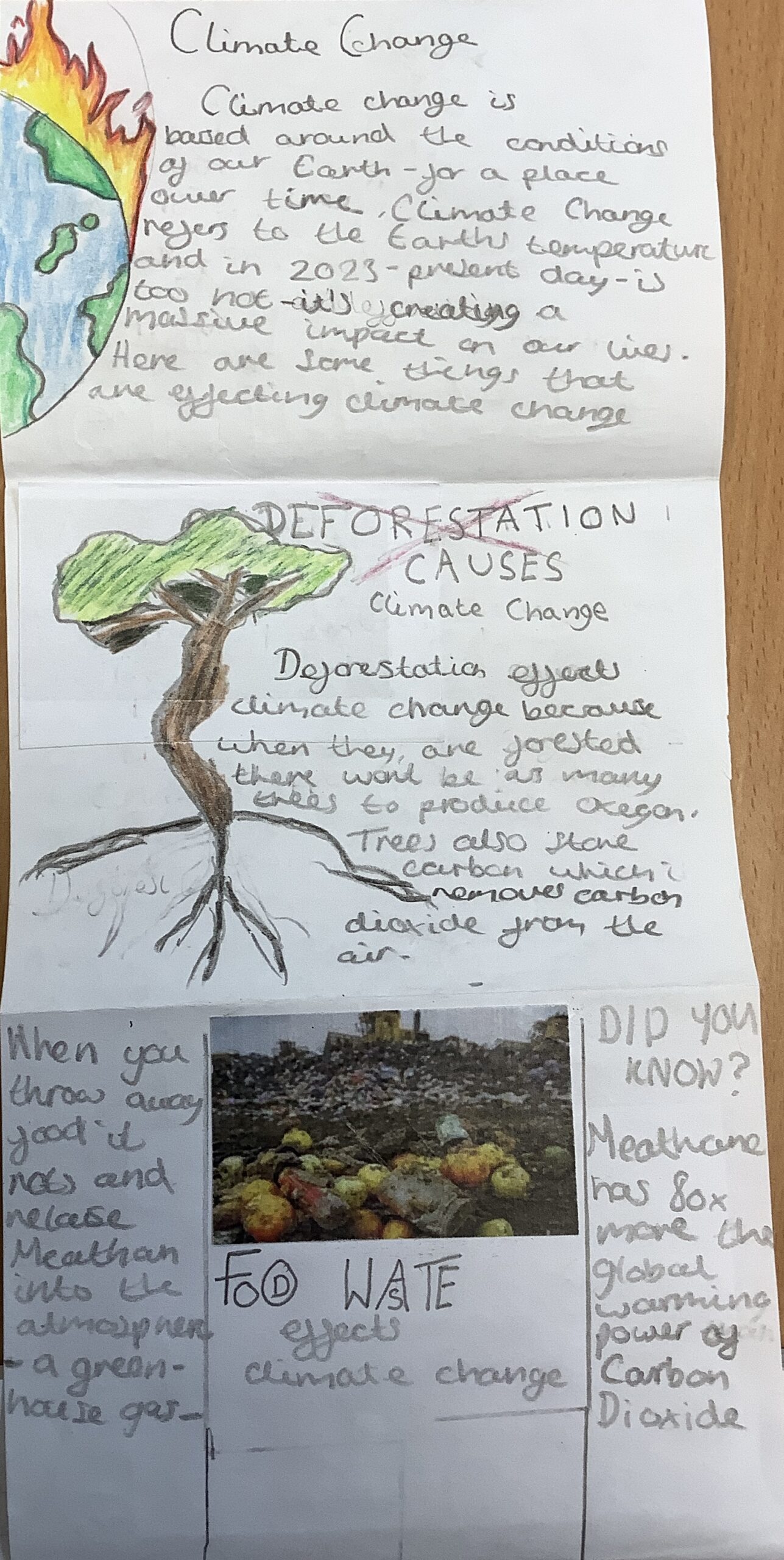
06 January 2023
This week, we have been learning about homophones. Learn these words for a test on Friday 13th January. We recommend putting these words into sentences so that you understand the meaning of each word.
desert
dessert
stationary
stationery
complement
compliment
principle
principal
Reading stars!
This week, I have been blown away by the dedication of year 5 with their reading. Some children continued to read during the Christmas holiday and have been reading daily this week too. They have even completed a reading task. This is amazing and well done!
Help at home: please continue to read daily with your child at home. This really helps to improve their fluency and understanding. Don’t forget that there is a task set each week that needs to be completed in the journals. Please make sure you sign the journal too.
Here are some examples of the work from over the Christmas holiday.
